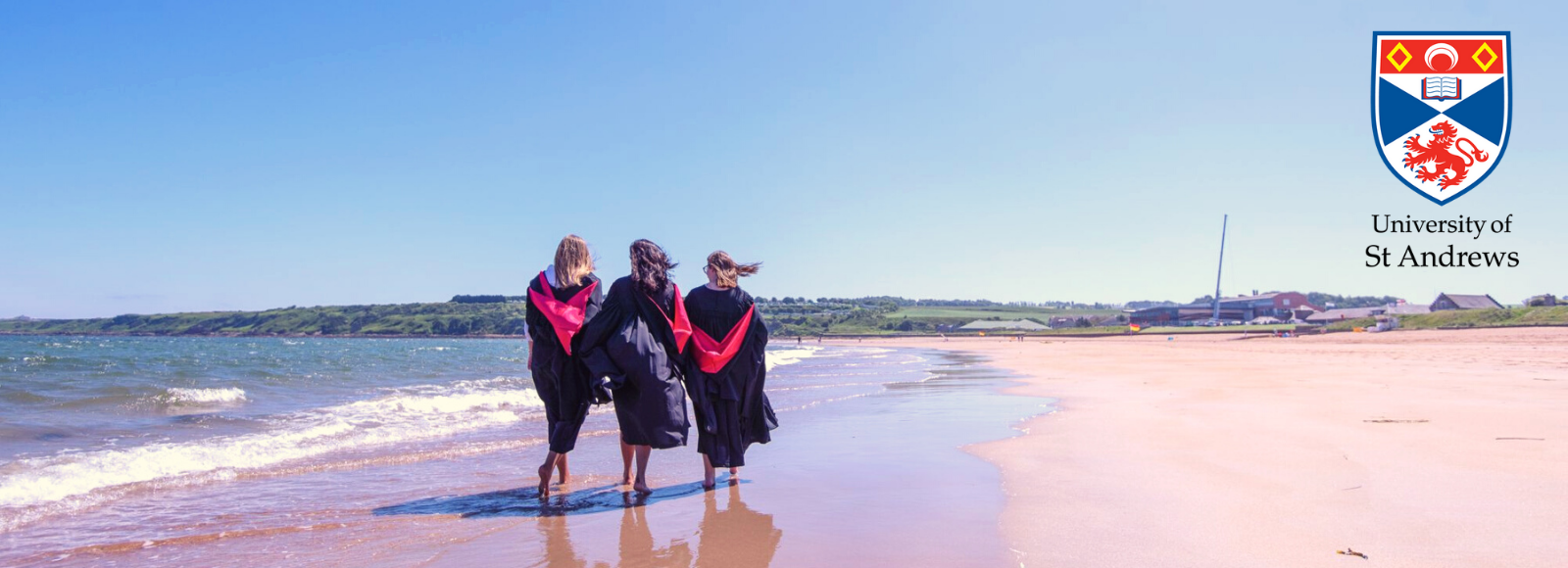Course Description
The MLitt in Book History is a taught postgraduate programme run by the School of History.
Highlights
- You will acquire the technical skills required for rare book scholarship and curatorship.
- The programme provides a deep understanding of key issues and methods in book history and familiarises you with the invention, development, spread and transformation of printing.
- Circumstances allowing, you will be introduced to a range of libraries and rare book collections, members of the antiquarian book trade and digital techniques.
- You will take part in our annual international book history conference, now in its 16th year.
- You can undertake skills training in palaeography and either Latin or a modern foreign language.
Entry Requirements
A 2.1 Honours undergraduate degree in a subject-related area. If you studied your first degree outside the UK, see the international entry requirements.
The qualifications listed are indicative minimum requirements for entry. Some academic Schools will ask applicants to achieve significantly higher marks than the minimum. Obtaining the listed entry requirements will not guarantee you a place, as the University considers all aspects of every application including, where applicable, the writing sample, personal statement, and supporting documents.
Application requirements
- CV that includes your personal details with a history of your education and employment to date
- personal statement (optional)
- sample of your own, single-authored academic written work (2,000 words)
- two original signed academic references
- academic transcripts and degree certificates
For more guidance, see supporting documents and references for postgraduate taught programmes.
Fees
For fees and funding options, please visit website to find out more
Student Destinations
History postgraduates go on to pursue careers in a range of sectors including:
- librarianship
- rare book trade
- journalism
- publishing
- think tanks
- government
- law
- teaching
The Careers Centre offers one-to-one advice to all students as well as a programme of events to assist students in building their employability skills.
Module Details
Compulsory
- The Book in Early Modern Europe 1 and 2: provide students with a good understanding of key issues and methods in book history from 1445 to 1830.
- Material Bibliography 1 and 2: cover the use of the book as historical evidence, and practical aspects of cataloguing and Special Collections work.
Optional
Students can choose either four optional modules or two optional modules along with the Directed Reading module.
- Directed Reading in Modern History: designed to encourage the development of skills of historical analysis through concentrated study of a topic chosen by the student prior to the dissertation.
- Early Modern Documents and Sources: provides a wide-ranging introduction to the types of source material which researchers on the early modern period may encounter.
- Latin for Early Modern History 1: provides three tiers of Latin teaching (beginners, intermediate, and advanced) for students with earlier or no experience.
- Cataloguing Project: offers an independent book cataloguing project designed to encourage the development of skills related to bibliographical data gathering and analysis.
- Paleography and Manuscript Studies: provides a wide-ranging introduction to reading and handling original source material of all types which researchers of the early modern period may encounter. The course will trace the development of mainstream European handwriting styles from the late 15th to the 18th centuries.
Optional modules are subject to change each year and require a minimum number of participants to be offered; some may only allow limited numbers of students (see the University’s position on curriculum development).
Dissertation
Student dissertations will be supervised by members of the teaching staff who will advise on the choice of subject and provide guidance throughout the research process. The completed dissertation of not more than 15,000 words must be submitted by a date specified in August.
If students choose not to complete the dissertation requirement for the MLitt, there is an exit award available that allows suitably qualified candidates to receive a Postgraduate Diploma. By choosing an exit award, you will finish your degree at the end of the second semester of study and receive a PGDip instead of an MLitt.
Learn more about University of St Andrews

Scotland’s first university, an experience like no other
Masters programmes to help you find your future.
Are you looking to earn an outstanding pos...
